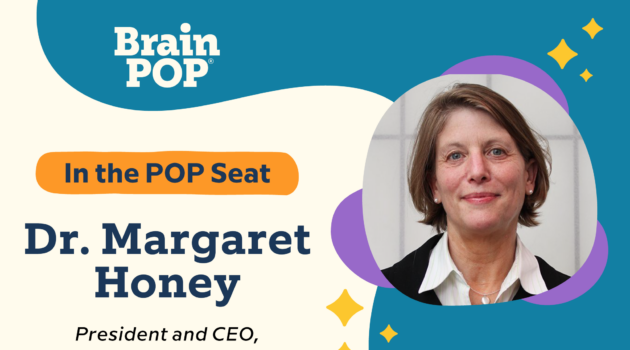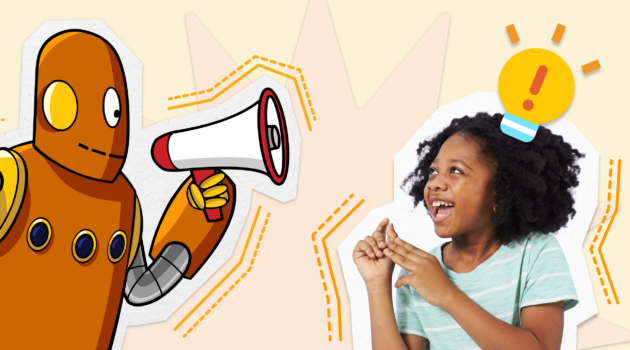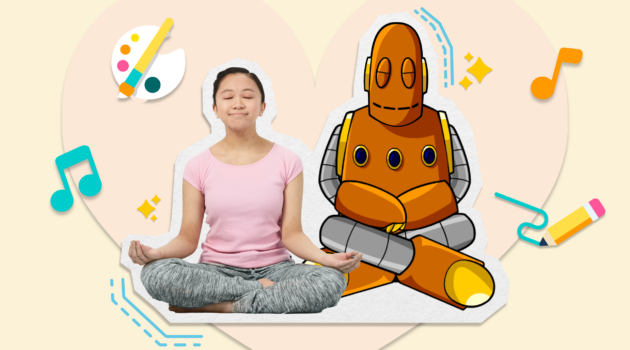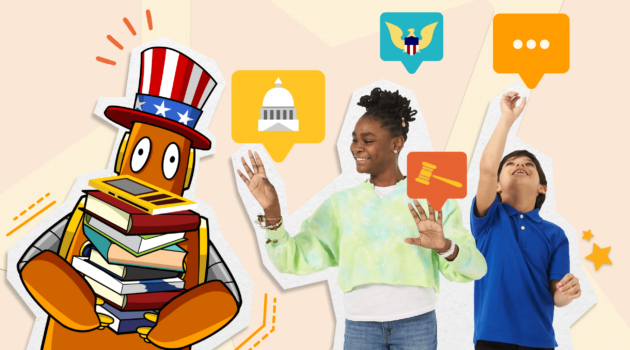Teaching Strategies
Why These 9 Literacy Skills Are Every Teacher’s Best Kept Secret
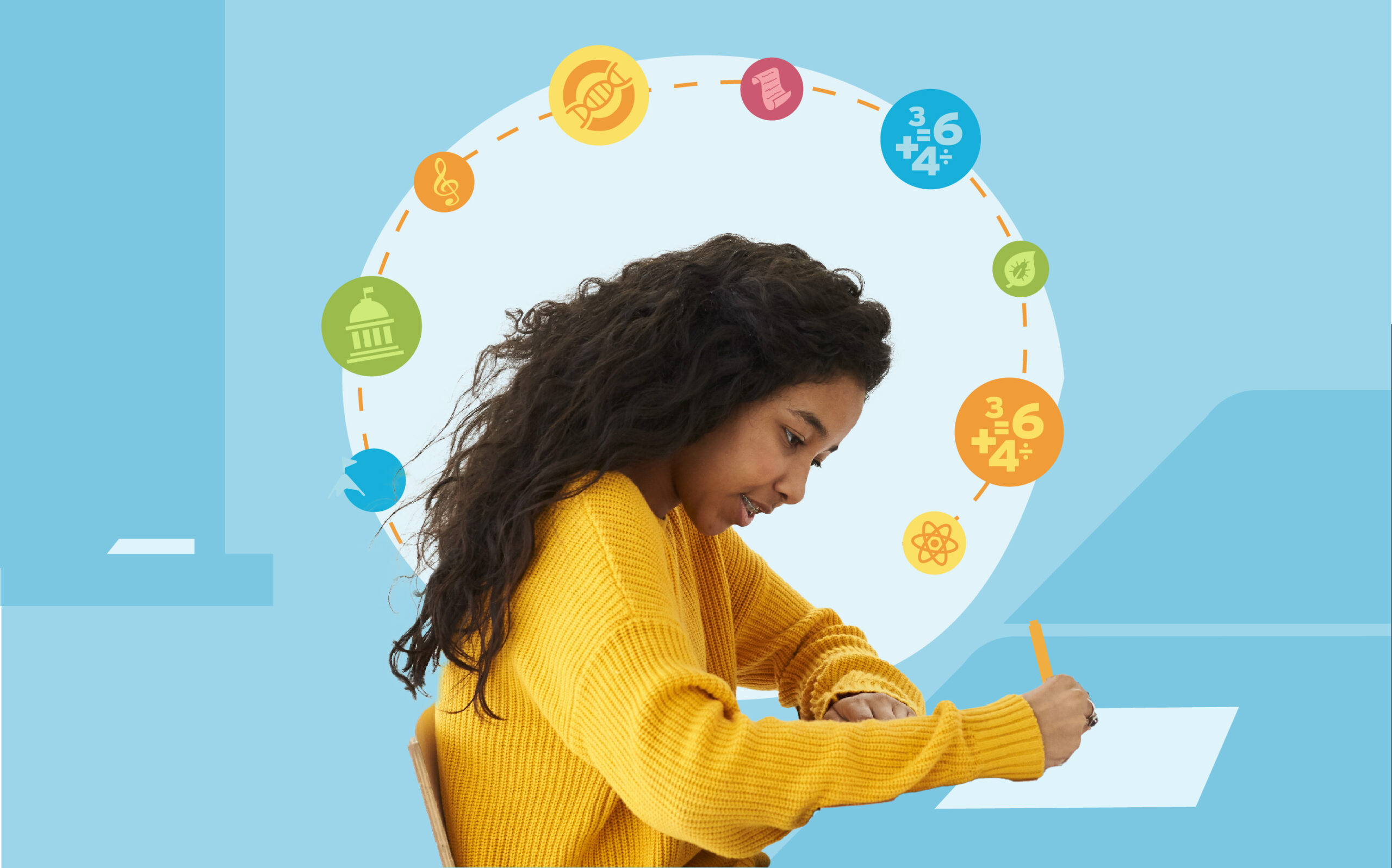
There’s a misconception that literacy skills are just being able to read and write. In reality, they’re the skills you use when extracting key details, understanding the main idea, interpreting unfamiliar words, bringing in prior knowledge, articulating your thoughts, and evaluating your sources. We use these tools to make sense of the world and access, understand, and apply new information.
So, whether your students are inferring conclusions from a science experiment, interpreting data in math class, or analyzing a historical text in social studies, literacy skills are always the common denominator.
They allow us to connect new concepts to what we already know, making it easier for new ideas to fit into our worldview. They’re everything, everywhere, all at once—but they aren’t built in a vacuum. That’s why experts like Natalie Wexler champion having literacy skills built alongside background knowledge and domain-specific vocabulary. The strongest way to deepen comprehension is when this world-building happens in the context of academic concepts.
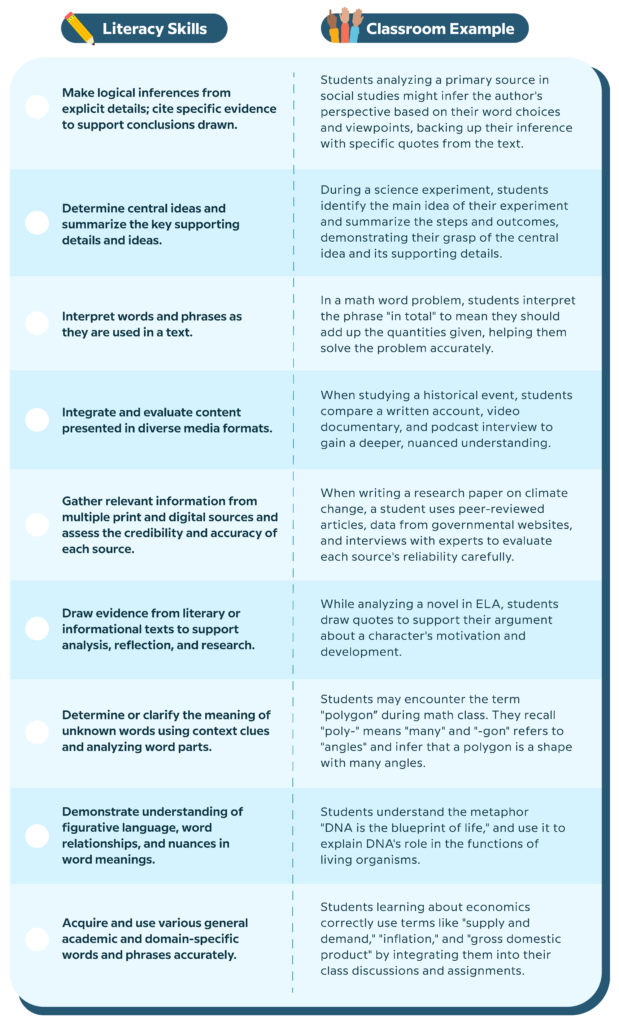
Putting pedagogy into practice
Research proves that the best and most effective way to help students become stronger readers and more confident learners is to incorporate skill-building throughout instruction rather than teaching skills in isolation. That’s because it makes it easier for students to transfer new or complex ideas from their working to long-term memory, improving understanding and retention.
In other words: It makes learning sticky.
But you already have so much on your plate in a given day—how are you supposed to make sure your math or social studies students are strengthening their literacy skills, too? The good news is, it’s not only best practice to build these skills in the context of what you’re teaching—odds are, you’re already doing it.
Let’s dig into ways you can ensure your classroom, no matter what subject you teach, is a literacy-rich learning environment this school year, making it easier for you to strengthen these essential literacy skills without compromising content knowledge.
Using words to crunch numbers in math
Math isn’t just about making calculations. When students explain their reasoning and show their work, they use literacy skills in math instruction, and they need these skills as a precursor to practice and apply mathematical concepts.
This can be especially important for students who struggle with math, and may need extra support because they’re actively helping themselves understand their learning while building key vocabulary. Stronger literacy skills mean stronger math students because they:
- Understand and explain mathematical concepts, word problems, and solutions
- Interpret graphs, charts, and tables
- Promote logical thinking and reasoning
Learning the language of subject-matter experts in science
Science is filled with new, complex concepts and often involves learning new vocabulary and terminology. When you involve students in reading and summarizing scientific texts, creating and interpreting lab reports, and discussing scientific concepts, it helps them contextualize and internalize scientific concepts, making it easier to:
- Read and summarize scientific texts, articles, charts, and diagrams
- Articulate their hypotheses, observations, and conclusion
- Understand new vocabulary in complex scientific jargon
Connecting the dots to and from the real world in social studies
Social studies offer students a window into different cultures, times, and perspectives, and students are more likely to retain information when it’s connected to the real world. Essential literacy skills are at the heart of understanding complex historical and social concepts, helping students:
- Interpret primary and secondary sources, maps, and timelines
- Analyze historical documents
- Articulate their perspectives on current events
- Nurture critical reading and thinking skills
Leveraging unique genres and perspectives in ELA
Students learn unique vocabulary and language conventions when exposed to various genres. They may practice different skills when reading a play versus a graphic novel, and when they learn to express themselves in different formats, they strengthen skills that include:
- Decode different styles and structures of text
- Write persuasively, informatively, and creatively across genres
- Develop empathy and cultural understanding through diverse literary perspectives
There may be multiple theories on the best way to improve students’ literacy skills, but one thing is for sure: No matter the subject, students learn best when they see themselves reflected in learning; they’re more eager to learn because they understand how or why a new concept matters to them. That is the power of a literacy-rich classroom because learning is made relevant and achievable—a place where students see themselves as confident learners with a bright future.
Michelle Strom is associate director, product marketing at BrainPOP. She holds a Master’s Degree in Educational Psychology, and is a former classroom teacher.


